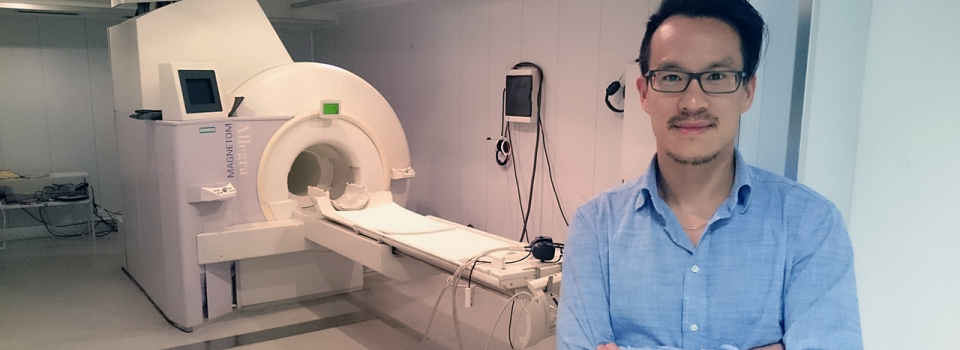Jun 15 2015
Published by
NYU Shanghai

Humans are blessed with a mighty capability – known as episodic memory – to remember our history and experiences. These personal memories are believed to be organised by the order of occurrence. A new study authored by Sze Chai Kwok and Emiliano Macaluso, published in Cognition, addressed whether the judgement of events’ chronological order is affected by these events’ “oldness” (time from present) and their temporal separation (time passed between events). Professor Kwok is an associate professor at the Institute of Cognitive Neuroscience, East China Normal University and an associated member of the NYU-ECNU Institute of Brain and Cognitive Science at NYU Shanghai. The researchers demonstrated a scale-invariant pattern during the retrieval of temporal order across varying delays and temporal scales in four memory experiments.
To mimic and standardize real-life, complex experiences, the researchers used an episode of the American TV series “24” (42-min: experiments 1 – 2) and a number of short TV commercials (~10-s: experiments 3 – 4) as the encoding materials. They asked participants to view these cinematic materials and, following a retention delay (24 hours, 15 min, 2 s, and 0.5 s, respectively), to judge the chronological order between pairs of movie stills extracted from the videos.
The authors noted a consistent relation between retrieval times and temporal separation between two given events. They then quantified the temporal ratio between events using a similarity index and confirmed that the retrieval times/similarity relationship was indeed self-similar across the experiments.
“The videos in Exp 3 and 4 were shorter by a factor of 250 compared to the episode in Exp 1 and 2; the retention delays between Exp 1 and 4 differed by 172,000 times. One would have thought the effort and time required in making memory judgements are linked with the amount of information remembered, and the difficulty is increased with retention delays; but it is not”, remarked Kwok.
“These findings provide insights into human memory retrieval mechanisms particularly because the scales of temporal distances and delays differed so strikingly. These also provide support for our view that qualitative distinction might not exist between short-term and long-term memory processes”, concluded Kwok.
The study was conducted in the Neuroimaging Laboratory (http://www.slneuroimaginglab.com), Fondazione Santa Lucia in Rome. Readers are encouraged to refer to a related neuroimaging study published in Human Brain Mapping (Kwok & Macaluso, 2015).
Cognition is the world leading scientific journal in cognitive sciences that publishes theoretical and experimental papers on the study of the mind.
Kwok, S. C., & Macaluso, E. (2015) [Epub 20 Apr 2015] Scale-invariance of temporal order discrimination using complex, naturalistic events. Cognition, 140, 111-121. doi: 10.1016/j.cognition.2015.04.007
(Publish on: 06/08/15)


